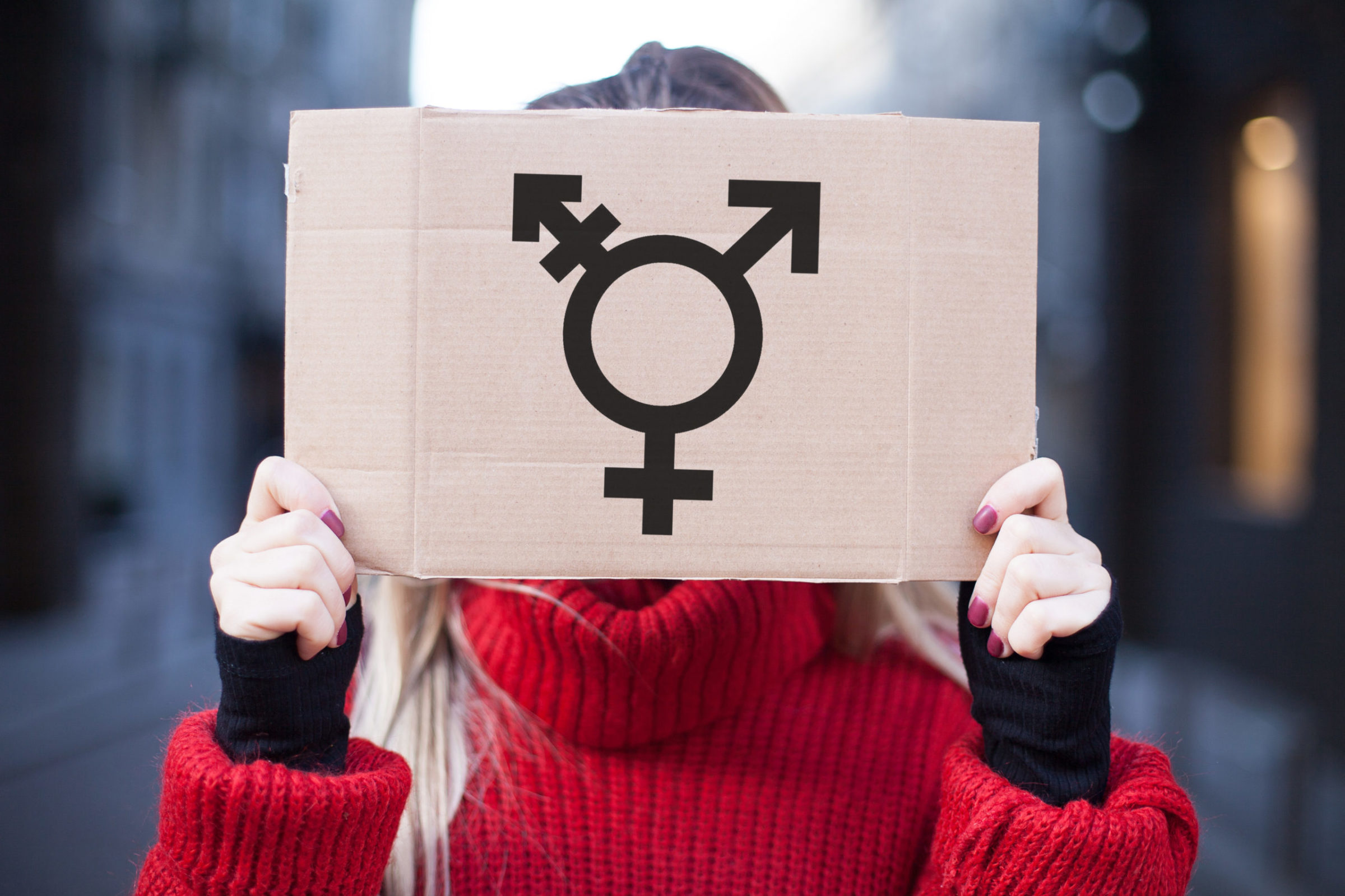No NEJM: Blocking Puberty in Gender-Dysphoric Children Is Not Settled Science
Originally published at National ReviewCertain issues have been deemed by our betters among the elite as undebatable. One is climate change. But the fervor over that issue pales next to the attempt to prevent open debate about the propriety and safety of blocking the puberties of children diagnosed with gender dysphoria.
This issue matters because the future health, wellbeing, and even lives of children are on the line. That is why a “Perspective” column published in the New England Journal of Medicine is so disturbing. The article condemns Arkansas for criminalizing such interventions in children under 18. Reasonable people can differ on that approach to protecting children. But doing so would require that the authors acknowledge the profoundly unsettled scientific understanding about this issue, and the best approaches to helping such children.
Instead, they cite the “Dutch Protocol” under which puberty is “paused,” “most often between 8 and 15 years of age,” to forestall the development of “unwanted and potentially permanent secondary sex characteristics” as if it was the settled medical approach. Indeed, they call puberty blocking an “essential treatment.” From “Criminalization of Gender-Affirming Care — Interfering with Essential Treatement for Transgender Children and Adolescents”:
Today, prescribing these therapies is coupled with education on the safe use of such medications and with close surveillance for potential risks associated with therapy — for instance, monitoring for changes in bone health in children taking GnRH agonists, for risk factors for blood clotting with estrogen therapy, and for polycythemia with testosterone therapy. With proper monitoring and education, the risks associated with these therapies can be mitigated, and the benefits are substantial: use of hormone therapy is associated with improved quality of life, reduced rates of depression, and decreased anxiety among transgender people.
Wait just a darned minute. Within the last two months, the U.K. and a major hospital in Sweden have stopped providing such “treatments” because of “very low” evidence of benefit. This is from the hospital’s official statement, which I reported here earlier this month:
These treatments are potentially fraught with extensive and irreversible adverse consequences such as cardiovascular disease, osteoporosis, infertility, increased cancer risk, and thrombosis. This makes it challenging to assess the risk/benefit for the individual patient, and even more challenging for the minors and their guardians to be in a position of an informed stance regarding these treatments.
As a consequence, the hospital wisely enacted the following policy:
In light of the above, and based on the precautionary principle, which should always be applied, it has been decided that hormonal treatments (i.e., puberty blocking and cross-sex hormones) will not be initiated in gender dysphoric patients under the age of 16.
For patients between ages 16 and 18, it has been decided that treatment may only occur within the clinical trial settings approved by the EPM (Ethical Review Agency/Swedish Institutional Review Board). The patient must receive comprehensive information about potential risks of the treatment, and a careful assessment of the patient’s maturity level must be conducted to determine if the patient is capable of evaluating, and consenting to, the treatment.
Similarly, the U.K.’s National Center for Health and Care Excellence (NICE) recommended against such interventions earlier this year. From the BBC story:
The evidence for using puberty blocking drugs to treat young people struggling with their gender identity is “very low”, an official review has found. The National Institute of Health and Care Excellence (NICE) said existing studies of the drugs were small and “subject to bias and confounding”.
“Any potential benefits of gender-affirming hormones must be weighed against the largely unknown long-term safety profile of these treatments in children and adolescents with gender dysphoria,” NICE said.
These findings and recommendations are in profound disagreement with the positive and absolutist assertions in the NEJM article. But the authors never mention them, much less engage with the substance of the controversy. How are readers supposed to grapple effectively with the question if the authors pretend that profound disagreement about the medical propriety of puberty blocking does not exist?
That is unacceptable. The NEJM is one of the most important medical journals in the world. But as I have repeatedly reported here, when it comes to cultural controversies that touch on the medical sector, the Journal has gone all-in woke.
If they ever get around to wondering why so many people don’t “trust the experts” anymore, this is why. Our intelligentsia cannot be relied upon to tell the whole truth or grapple honestly with arguments that cut against their ideological grain.
